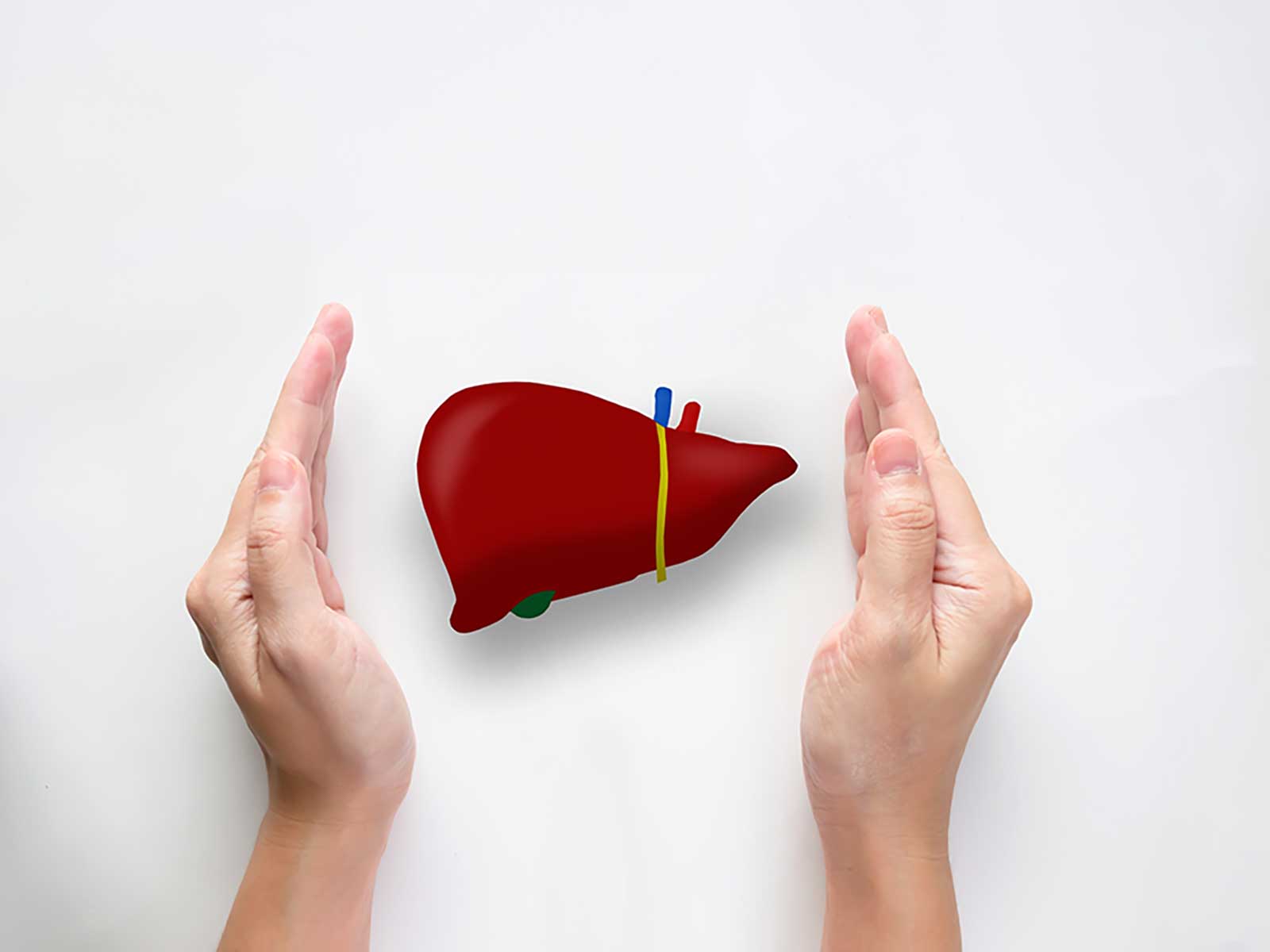
Pain located in the middle of the upper abdomen, beneath the chest and between the bottom ribs is the area of pain that is referred to as epigastric pain. It frequently shows as the burning, pressure or a deadly ache which can disrupt meals and other regular functions. The clinicians categorize this condition as the ICD-10 r10.13 (epigastric abdominal pain).
The symptoms of epigastric pains may appear with various intensity and courses, though in most case they are characterized by:
Epigastric pain can be provoked by some underlying predispositions and lifestyle circumstances:
In GastroDoxs, our board-certified gastroenterologists in Houston combine the most reliable diagnostic tool with a tailor-made treatment plan to address your epigastric pain where it started. Offering the same-day or next-day appointments, caring treatment, and effective treatment approaches, we are committed helping you discover that lasting relief and be immediately returned to the life you love. Make an appointment now and start to have a better digestion.
We've successfully treated more than 8.8k patients, helping individuals improve their digestive health and overall well-being through expert, personalized care.
With over 20 years of experience, GastroDoxs has been a trusted provider of gastroenterology care, focusing on delivering the best outcomes for patients
Epigastric pain is discomfort or pain that is experienced in the upper middle section of the abdomen just below the ribcage and it can be attributed to a digestive problem.
ICD-10 code applied in this situation to identify epigastric abdominal pain is R10.13.
This is usually seen through a physical examination, medical history, laboratory and imaging tests as well as, in some cases, an endoscopy done to determine the cause behind the same.
Take immediate action to see a doctor in the case of immediate, sharp pain, vomiting production with blood, dark / black bowel movements, pain, and dyspnea.
Yes. Pains may be felt at the back of the upper abdomen and spread through to the back due to conditions du such as pancreatitis or some peptic ulcers.
See the doctor in case the pain continues over several days, requires amplification, or presents to be accompanied by terrifying symptoms such as weight loss, fever, or gastrointestinal bleeding.
ICD-10 codes offer a unified method of recording, managing, and billing of medical diagnoses, which would ensure proper records of diagnosis and insurance arrangements.
GastroDoxs also provides individualized care plans that involve dietary instructions, medicine (antacids, H2 blockers, PPIs), endoscopy, and specialist referral.
Yes. Fatty, spicy, acidic, or greens foods may either cause or aggravate stomachache by raising the amount of stomach acid or decreasing the speed of digestion.
Some cause-some episodes warrant a few hours but there are those that may take weeks to get maximum treatment to treat underlying causes.